Every business that has a website has funneling in quality traffic as a top priority when it comes to growth initiatives. More specifically, the next step for website traffic is to drive visitors to take action so you can capture their contact information. It’s typical to see an average conversion rate of anywhere between 2% and 5%.
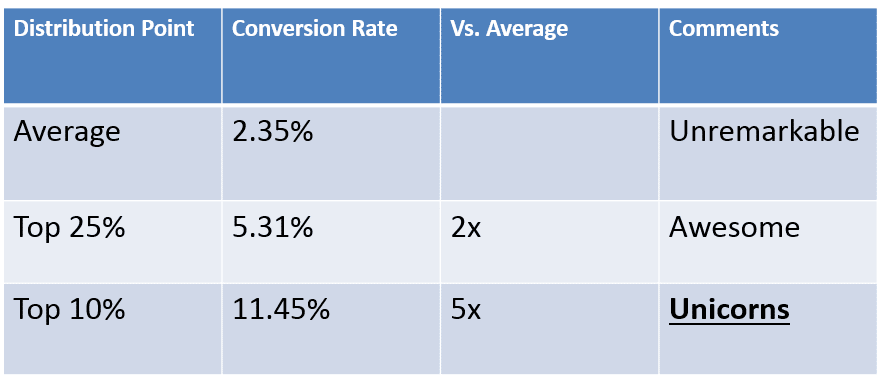
There are a ton of different ways that you can drive traffic to your website. In today’s post, I’m going to highlight five effective ways you can drive traffic for little to no cost.
Why does website traffic matter?
To put it simply, if you already know that the typical conversion rate is between 2%-5% and your goal is to drive 1,000 people to your website, you have the potential of capturing 20-50 people who may be interested in what you are offering. Further, if you were selling a simple product/service for even just $100, you now have the potential to generate $2,000-$5,000 in revenue. Not too shabby, right?
Once you know ‘who’ you are going after (i.e., target personas) and you have an idea of what their purchase journey will look like, the first step to pushing them through until they become a customer is to drive the right personas to your website. Doing this can help you begin building a connection and relationship that can help your business grow.
If you want some insight into where your organic traffic is currently coming from, I recommend using SEMrush’s organic traffic tool. It is free to use and can help you see where people are coming from, why your traffic is changing over time, and identify areas with growth potential. Try it for free here.
Now, let’s dive into today’s blog post…
1. Create a content hub
This shouldn’t come as a surprise, but content will be a huge win for you. Not only will it help drive traffic to your website, but it’ll also help you nurture that traffic, and ultimately, drive sales.
Developing a content hub is essential because you’ll be positioning your expertise and sharing your knowledge. Instead of creating content around many different things, focus on what you know best and then have supporting content pieces that build out this focus. This will drive authority, trust, and credibility within your space.
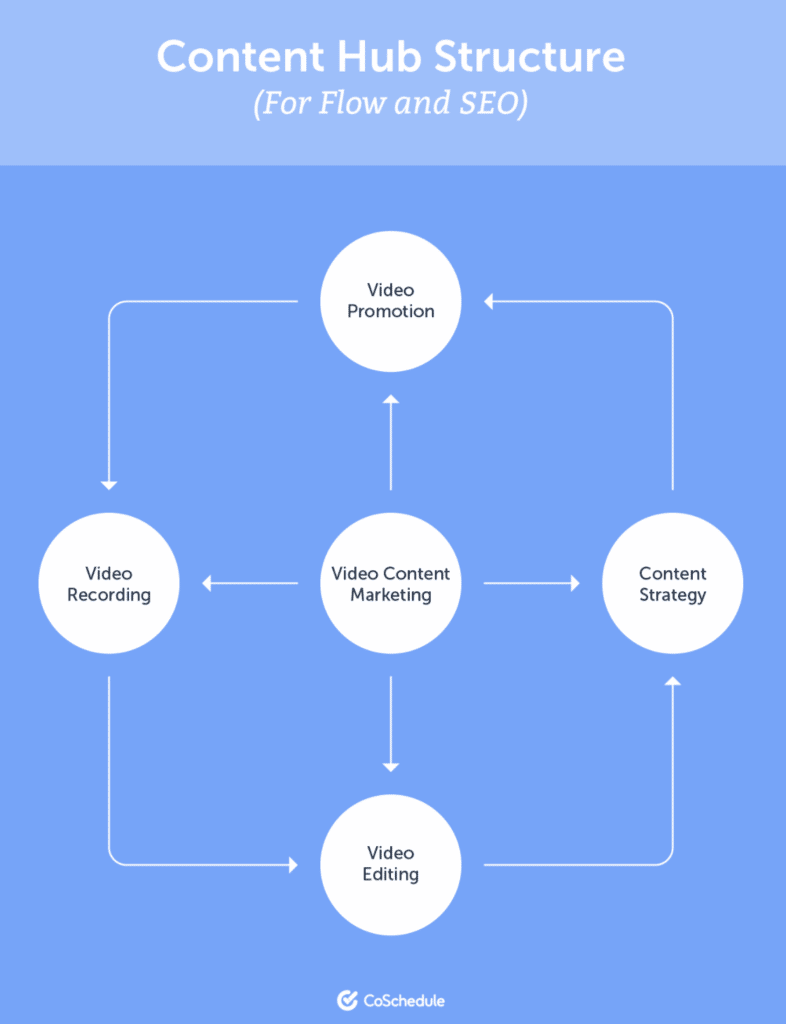
For starters, look at the different types of content you want to create. You can create long-form, infographics, videos, blog posts, and more. My recommendation is to do what you feel most comfortable with and then develop a content calendar and strategy to support your efforts.
Here are the key benefits of having a content hub by CoSchedule:
- It curates all the content you’ve created on one topic into a focused, browsable collection. This way of consuming content is more user-friendly, especially when your brand has accumulated a lot of content on a given topic.
- It also pulls readers in more easily, increasing how much time they spend on your site and how much of your content they consume. And with each piece they click through to, you’re building more trust and authority.
- By displaying all your brand’s knowledge on a topic in one specific spot, it’s easier to become known, trusted, and reputable about that topic. Sure, a dozen blog posts about their interest sounds impressive to your customer, but a centralized hub (dare I say, an ultimate guide) of anything they’d want to know about it sounds better.
- It lets you organize your content around your customer’s journey, instead of the order they were written in. You can place content in the exact order your target customer wants the information in, and have it reflect an actual conversation with your company.
- Content hubs strategically build internal backlinks between the content on your site and usually involve one or more in-depth, long-form pieces of content. All this adds up to very happy SEO algorithms and increased search traffic.
2. Share on social media
Each time you publish a new piece of content, sharing it out on social media should be your next step. It’s important to be present where your target audience is so that the right people see your content. From there, you can creatively take the content you develop and break them out into multiple social media posts.
Here are the benefits of sharing your content on social media:
- Expand the lifecycle of each content piece you create. Get out of the habit of creating content and then just letting it sit idle. Revive each piece as it makes sense to foster your website traffic goals.
- Depending on the social media platform, your target audience will want to consume the content differently. For example, presenting content on TikTok and Instagram Reels is completely different than how you’d present on Pinterest, LinkedIn, and Twitter. Contextual relevance is going to be really important, so play on that.
- 1.3 million new users joined social media every day in 2020, so your ability to engage with your audience is there.
Additionally, you shouldn’t steer away from the concept of social selling. It doesn’t matter if you’re in the B2C or B2B world — you can leverage social selling to not only help create awareness but drive site traffic that will have a better chance of converting.
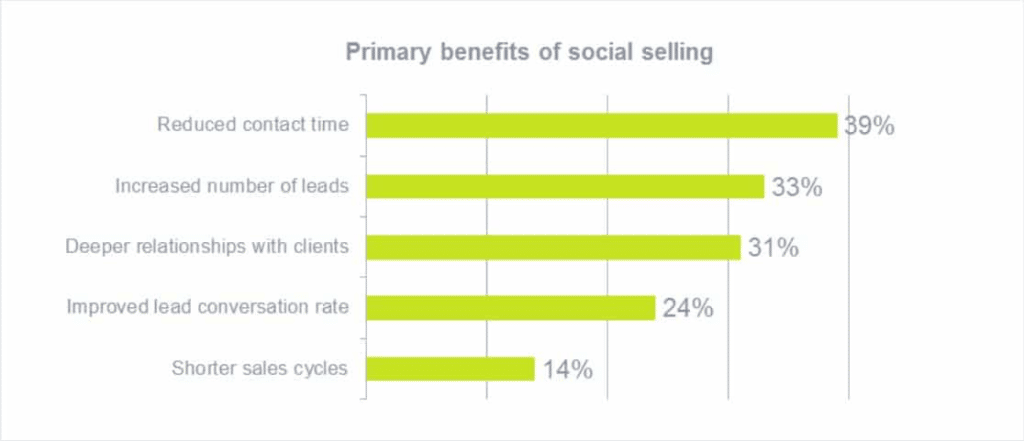
I recommend setting up your social posts in a tool like HubSpot. With HubSpot, you can schedule out social media posts for many different social media platforms and customize them accordingly. This way, you can use one afternoon to prepare your social media for the entire week and ensure that you stay on a consistent rhythm. Check out their many features here.
3. Update old content
As you look at analytical data and figure out which topics have driven the most traffic, it’s also important to take that content (and similar topics) and update them periodically. Doing this not only saves you a ton of time with developing content, but it also allows you to do the following:
- Improve your SEO. As Neil Patel states: “By updating old content, you can get Google to crawl your site more frequently without needing to publish more often. The more Google crawls your site, the more likely your most recent information will show up in search results after publishing, which gives you an advantage in your search engine results rankings.”
- Update any stats, making them more current.
- Change up images to be more relevant.
- Modify strategies to be more fitting to your industry’s current situation.
- Add related posts.
- Increase interlinking and outbound links to relevant posts.
- Insert strong CTAs that will drive engagement.
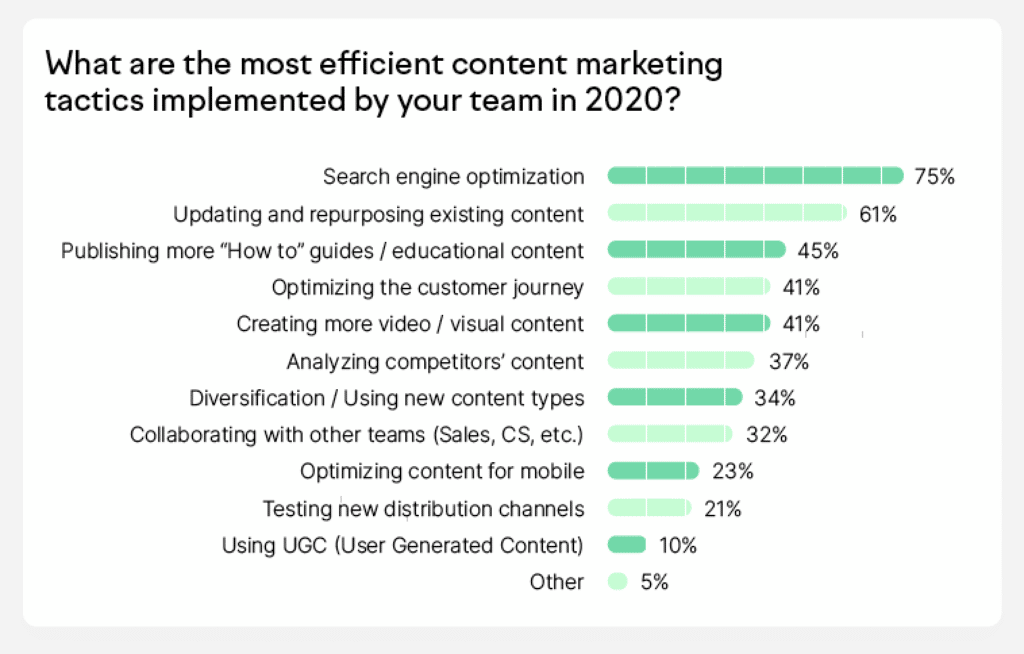
4. Repurpose content
Another big time saver for your content development efforts is to repurpose as much as you can. The two easiest ways I go about doing this are on LinkedIn Pulse and Medium. You can also consider other places such as Reddit and Quora. Again, be present where your target audience is, and then consider repurposing content in places where you can gain awareness and traction.
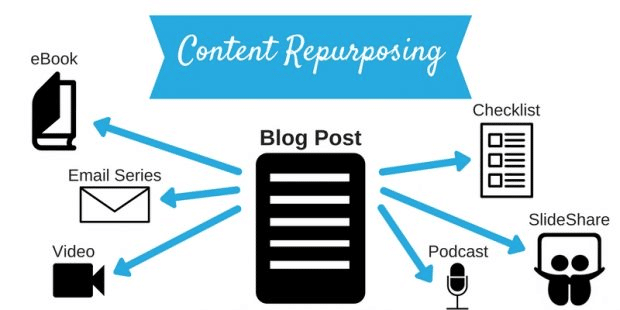
Additionally, here are some ideas on how you can repurpose content besides republishing or sharing on other sites:
- Take popular blog posts and turn them into a video series.
- Turn an eBook into a 7-day learning course via email.
- Create 10+ different social media posts and schedule them out.
- Run and record a webinar covering the most popular topics on your blog.
- Take a webinar and create an email series and also add to SlideShare.
- Create visual infographics and even interactive ones to drive more engagement.
- Turn a video series into shorter snippets that you share across social media like Instagram Reels.
If you can’t turn a blog post into a video series or infographic on your own, hire a freelancer to help out. Simply decide which pieces of content perform the best, and then head over to Fiverr to find an experienced freelancer to convert it for you. Their prices are reasonable, and your satisfaction is guaranteed. Check out the many qualified freelancers available for hire here.
There are so many different ways to repurpose your content assets; you shouldn’t limit yourself to just one path. Instead, keep pumping them out and then figure out which ones drive the best quality site traffic and engagement.
5. Promote super valuable content
When you create an incredibly valuable piece of content, and you know it will hugely benefit your target audience, don’t shy away from spending advertising dollars on it. You can do anything from a quick social media boost to a more targeted approach by personas and even try Google Ads (e.g., search, display, etc.).
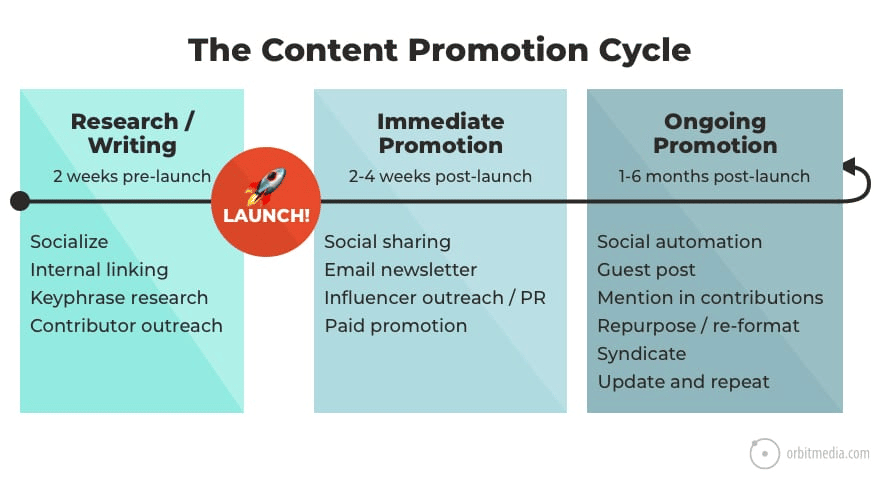
The point here is that you get the most valuable content in front of your audience, which means you will have to pay for that. Don’t go too crazy, but be smart with how much you spend and always back it out to how it’ll all align with your traffic goals. This will keep you in check, and you’ll be able to use analytical insights to help make decisions, which takes out the guesswork.
Over to you
There are many different ways you can focus on driving relevant traffic to your site, but one of the approaches I always take is to start small and then grow. In other words, pick 3-5 tactical executions, collect data performance, then figure out your next move. This will help you stay focused and organized — and prevent you from feeling overwhelmed.
Lastly, always ensure that you keep the buyer journey top of mind with whatever you do to drive site traffic and how your efforts back out to drive a positive ROI. Doing so will ensure that you’re executing with intention, which will also push for overall business growth.
Disclosure: Please note that some of the links above are affiliate links. I only recommend products and services that I use and stand behind, and if you decide to try them, I will earn a commission at no cost to you. Doing so helps me run this blog and provide free content for you, my readers.
